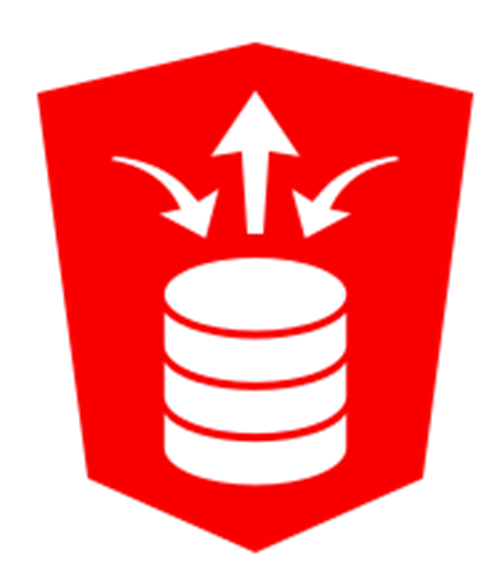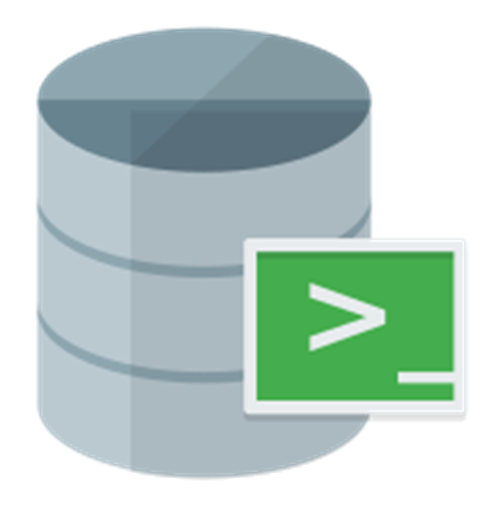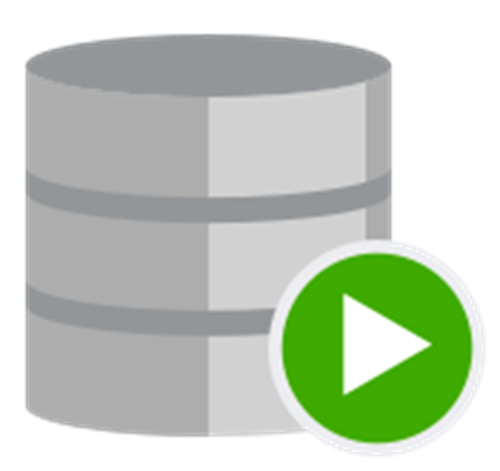If you follow me, Jeff or Kris on Twitter, you will already know ORDS, SQLcl, SQL Developer and SQL Developer Data Modeler version 19.4 have all been released. They became available for download late Friday US time, and I got a DM about it yesterday morning, so fresh from spending 2 days running Data Guard builds, I moved on to running builds of some of this stuff.
Oracle REST Data Services (ORDS)
It was a long day, but this is what I did.
- Updated all Docker ORDS builds : here
- Updated all Vagrant database builds that include ORDS: here
As you might expect, the config changes were minimal, but the time spent waiting for all those builds to complete was hellish.
The new version of ORDS has an additional prompt during the installation. You get this question.
Enter a number to select a feature to enable [1] SQL Developer Web [2] REST Enabled SQL [3] None [1]:1
The documentation hasn’t been released yet, so I had to run a manual installation to spot the new parameter which was necessary to make the ORDS builds silent. If you want SQL Developer Web, you have to enable REST Enabled SQL also, which requires these in your parameter file.
restEnabledSql.active=true
feature.sdw=true
You’ll recognise the first if you’ve used REST Enabled SQL before. The second is the new one.
I spent some of the time waiting for builds knocking up a quick run through the SQL Developer Web feature, which you can see here.
If you’ve used Autonomous Data Warehouse (ADW) or Autonomous Transaction Processing (ATP) on Oracle Cloud, you will already know what SQL Developer Web is. I put out the post and told Jeff to take a look. Next thing Kris put it on Twitter. I was going to wait for the docs to arrive before mentioning it in public. It did give me some quick feedback, so I was able to update it on the fly as I was playing with the tool. Kind-of “live blogging” I guess. 🙂
SQL Developer Web is a neat alternative to poking holes in your database firewall for client connections. It’s not going to satisfy hardcore developers, but I think this is going to be great for some users. The administrator functionality is interesting, and it will be interesting to see how this develops over time.
SQLcl
All my ORDS builds include SQLcl, so the latest version is on everything listed above. I also run this on my desktop. It’s my main client for connecting to the database because I’m a command line kid. Nothing scary happened on my desktop or on my Vagrant and Docker builds.
SQL Developer and SQL Developer Data Modeler
This is now on my desktop. I spend most of my time in SQLcl, but if I need an IDE, this is the one I use.
It’s a couple of weeks until I get back to work, so it’s going to be a while before I get to use ORDS 19.4 in production, and I’ll no doubt forget to update my SQLcl and SQL Developer installations on my work PC, then be horror struck when I notice a few weeks down the line. 🙂
Happy upgrading!
Cheers
Tim…


